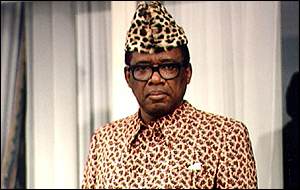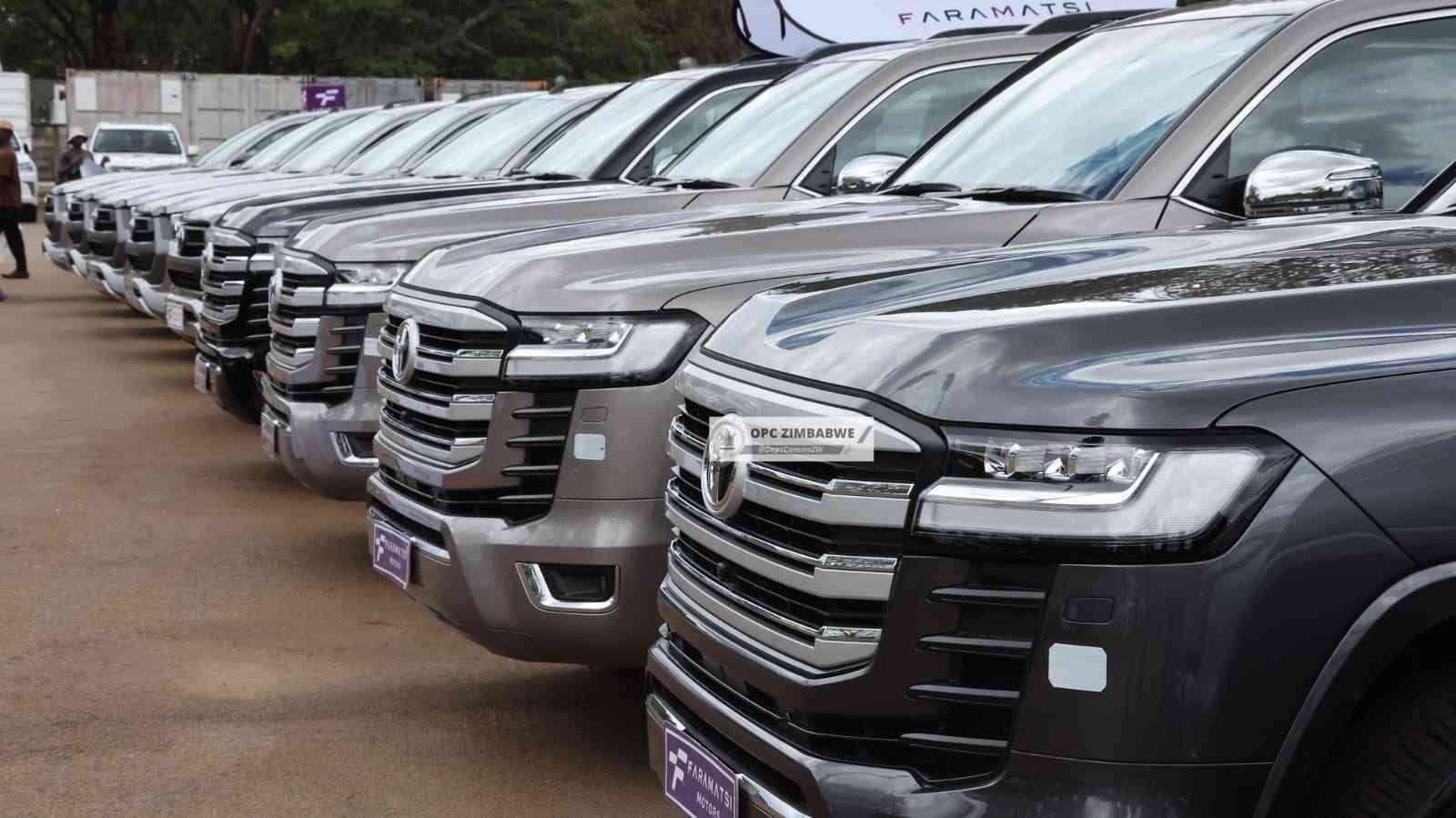
Politics is clean; it is men who are dirty. Corruption, dictatorship, human rights abuses and a resulting poverty for the general masses has been a trademark for many African countries, especially those in sub-Saharan Africa that have attained “independence” from imperial powers in the last decades.
Sunday View by Zanda Shumba
For the people concerned, gaining independence was like jumping from the frying pan into the fire.
Transparency International (TI) — Corruption Perception Index (CPI) for 2003 found the governments of Angola and Zimbabwe the most corrupt in southern Africa. On a scale of 0 to 10 with 0 the most corrupt and 10 the most transparent, TI rated Angola 1,8 and Zimbabwe 2,3, some of the highest corruption ratings in the world. Corruption is usually institutionalised by leaders to prevent political rivals from challenging their control, and this leads to an economic collapse.
Mobutu Sese Seko ruled Zaire (DRC), from 1965 to 1997. A relative explained how the government illicitly collected revenue: “Mobutu would ask one of us to go to the bank and take out US$1 million. We’d go to an intermediary and tell him to get US$5 million. He would go to the bank with Mobutu’s authority, and take out US$10 million. Mobutu got one, and we took the other nine. Mobutu allegedly stole up to US$4 billion to US$5 billion while in office.”
During Malawi’s Hastings Banda’s rule, 1961 to 1994, the press and radio were tightly controlled and mainly served as outlets for government propaganda.
Television was banned. Knowledge of pre-Banda history was discouraged, and many books on these subjects were burned. It is believed that during his rule, Banda accumulated at least US$320 million in personal assets, thought to be invested in everything from agriculture to mining interests in South Africa.
Zimbabwe may have the largest diamond fields, but in most areas there is no clean water, and about 67% of the people live below the poverty datum line. Mugabe has ruled Zimbabwe for nearly three decades and has led it, in that time, from impressive success to the most dramatic peacetime collapse. The same Zanu PF elite who acquired multiple farms as a result of the land redistribution, are the same people who are manipulating and benefitting from the backdoor-crafted Indigenisation and Economic Empowerment Act.
- Chamisa under fire over US$120K donation
- Mavhunga puts DeMbare into Chibuku quarterfinals
- Pension funds bet on Cabora Bassa oilfields
- Councils defy govt fire tender directive
Keep Reading
José Eduardo dos Santos was elected as President of the MPLA (People’s Movement for the Liberation of Angola) on 20 September 1979, and he took office as President of Angola, President of the MPLA, and Commander-in-Chief of the Armed Forces on September 21. He was also elected as President of the People’s Assembly on November 9 1980.
Dos Santos married three times and has six children from his wives, and one born out of wedlock. He and his family have amassed a significant personal fortune.
The actual value is unknown, but in recent years his daughter Isabel dos Santos who manages the family fortune, has made multi-million dollar investments in Angola and in Portugal, in her name and that of her husband. As this happens, more than 70% of Angolans live below the poverty datum line.
Around 1964, Zambia’s Kenneth Kaunda government developed clearly authoritarian characteristics, becoming increasingly intolerant of opposition. Kaunda banned all parties except Unip, following violence during the 1968 elections. In 1972 a new Zambian constitution was made which would effectively reduce the nation to a one party state.
All these considerations give light as to why poverty is still rampant in the region and why the region lags behind in socio-economic development. The culprits are there for all to see.










